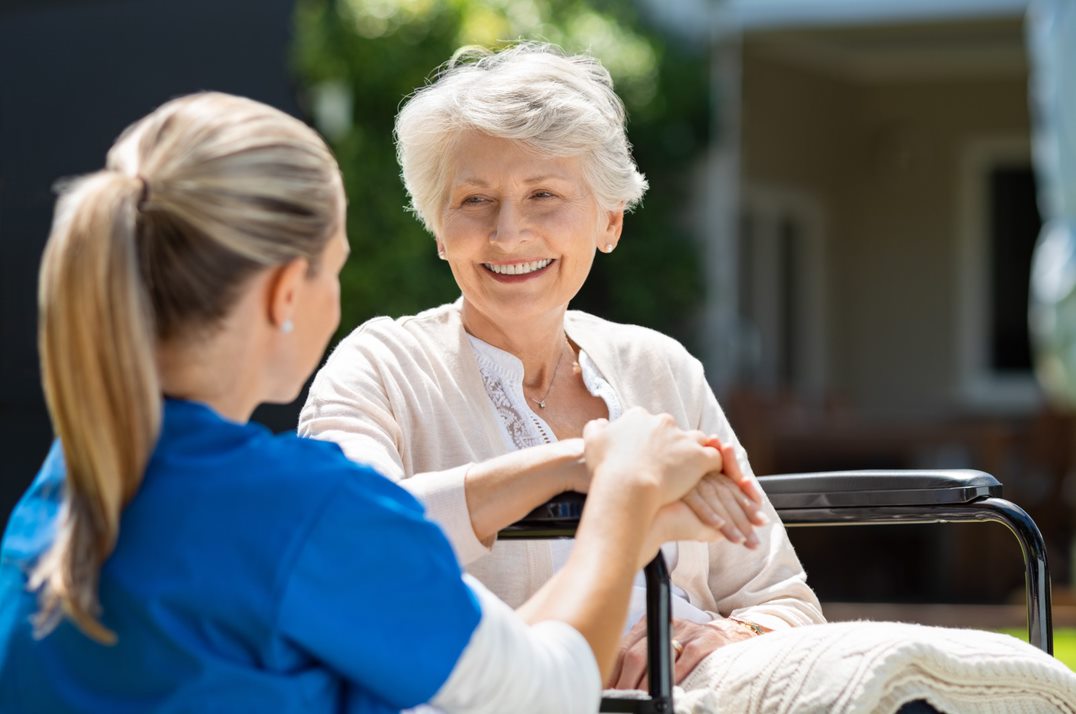What Does Dementia Fall Risk Do?
What Does Dementia Fall Risk Do?
Blog Article
The Greatest Guide To Dementia Fall Risk
Table of ContentsDementia Fall Risk - An OverviewSome Known Facts About Dementia Fall Risk.An Unbiased View of Dementia Fall RiskIndicators on Dementia Fall Risk You Should KnowIndicators on Dementia Fall Risk You Need To Know
Nonetheless, based upon symptoms and signs, such as evidence of head injury or a brand-new focal neurologic shortage, calculated tomography or MRI of the mind may be suggested - Dementia Fall Risk. An assessment for sources of syncope need to be carried out only if there is solid uncertainty, as when it comes to recurrent, unusual falls
Medical care providers make use of an autumn threat analysis to determine your risk aspects for dropping and make helpful recommendations. A loss danger assessment is vital since understanding which aspects enhance your possibilities of falling assists you: Decrease your risk of dropping or harming on your own.
All adults 65 years and older must have a preliminary autumn danger screening. Have fallen in the previous year. Worry concerning dropping.
The Facts About Dementia Fall Risk Revealed

, and goals especially customized to patients who are at threat for falls. A is defined as an event that results in a person coming to relax accidentally on the ground or floor or other lower level (WHO, 2021).
According to the Centers for Disease Control and Prevention (CDC),, causing over 34,000 fatalities for that age group. Falling is the second leading cause of fatality from unintentional injuries around the world. Fatality from drops is a significant and native problem amongst older individuals. It is approximated that loss death rates in the U.S

Each click here for info year, over 800,000 individuals are hospitalized since of falls. Registered nurses play a major function in preventing drops for their clients through education and learning, examining fall risk, producing more secure environments, and giving treatments in stopping injuries from drops.
Person will certainly show selective prevention procedures. Patient and caretakers will certainly carry out approaches to boost safety and prevent drops in the home. Falls result from several aspects, and an all natural method to the specific and atmosphere is necessary. Expect an individual is thought about at high danger for falls after the screening.
Some Known Questions About Dementia Fall Risk.
A needs using a verified tool that researchers have actually taken a look at to be beneficial in naming the reasons of drops in an individual. The degree of fall danger can be determined utilizing the evaluation of inherent and extrinsic aspects.
People are extra likely to drop once again if they have see this here sustained one or even more drops in the past 6 months. The older population is at enhanced risk of fall-related readmissions based on a study identifying the variables anticipating of repeat drops associated outcomes (Prabhakaran et al., 2020).
Additionally, complication and damaged judgment raise the individual's possibility of falling. The capacity of individuals to safeguard themselves from falls is influenced by such aspects as age and advancement. Older people with weak muscular tissues are a lot more likely to drop than those who maintain muscle mass strength, adaptability, and endurance. These modifications include lowered visual feature, impaired shade understanding, change in center of mass, unsteady stride, decreased muscular tissue stamina, lowered endurance, altered deepness perception, and delayed feedback and reaction times.
The 15-Second Trick For Dementia Fall Risk
Less comparison level of additional hints sensitivity was fairly related to both enhanced rates of drops and other injuries, while decreased visual acuity was only connected with boosted loss price (Timber et al., 2011). Sensory perception of environmental stimuli is paramount to safety. Vision and hearing disability limitation the patient's capability to perceive dangers in the environments.
Older adults that have inadequate equilibrium or problem walking are much more likely to fall., or various other clinical conditions and treatments., and use of psychotropic drugs (Stanmore et al., 2013).
Report this page